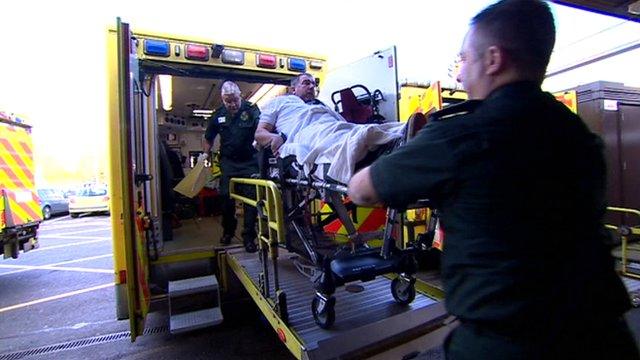Ambulance response trial scheme to be permanent
- Published
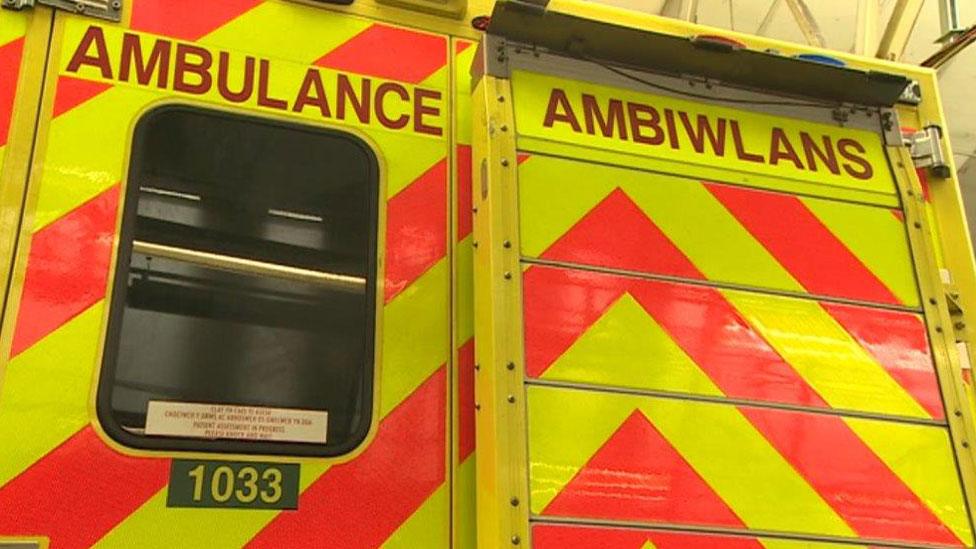
The median response time to red calls was four minutes and 55 seconds in December
A colour-coded system of dealing with 999 ambulance calls is backed but will be reviewed to make sure all patients are treated as a high enough priority.
Since October 2015, emergency response time targets have been scrapped for all but the most life-threatening cases.
Health Minister Vaughan Gething said the trial which focused more on patient outcomes would now be made permanent.
The Welsh Tories claimed the system did not treat all suspected heart attack and stroke calls seriously enough.
Calls are categorised as red, amber or green - with red being immediately life-threatening calls such as cardiac arrest or choking.
Five per cent of calls were classed as red in the most recently published statistics.
In those cases, 65% of ambulances are expected to arrive within eight minutes. In the nine months to January, more than 75% were reached within the target time.
An independent evaluation report said: "Overall, there is agreement that the service is much more clinically focused, rather than simply being operationally driven and no-one would wish to see a return to the previous operating model."
Before the trial, a larger percentage of calls had been classed as red and the 65% target was repeatedly missed.

The trial scheme will be made permanent, Vaughan Gething says
The report said there should be a review of the categories outside red, in particular the amber group.
"There is concern that this group is too large and not sufficiently discriminatory in terms of prioritising patients with high acuity illness, and that for some calls this is resulting in unacceptably long waits," the report said.
It added that there was a "very clear and consistent view expressed in the qualitative study and staff survey that it is likely some amber category patients are being disadvantaged".
Ambulance trust operations director Richard Lee said: "While we are satisfied with our progress to date, we know there is still work to be done, particularly for patients in our amber category, and that is certainly our focus moving forward."
Mr Gething said the ambulance service had "improved its performance significantly" since the changes.
"The independent evaluation published today backs our decision to take the bold step to adopt the new model, following the successful pilot.
"The fact they found there to be clear and universal acknowledgement, both from within the ambulance service and external partners, that moving to the new model was appropriate and the right thing to do, is excellent news."
Interest from Canada, New Zealand, Australia and Chile had been attracted by the pilot, Mr Gething added, as well as England and Scotland.
Welsh Conservative health spokeswoman Angela Burns was critical, saying: "It is hardly surprising that the Welsh Labour Government are to give permanence to this new model that allows roughly 96% of all ambulance calls to go unmeasured, betraying a staggering lack of accountability.
"The worst feature by far of this model is that many cases, including heart attacks and strokes, do not currently qualify for the most urgent response category unless patients have stopped breathing or their hearts have stopped beating."
- Published25 January 2017
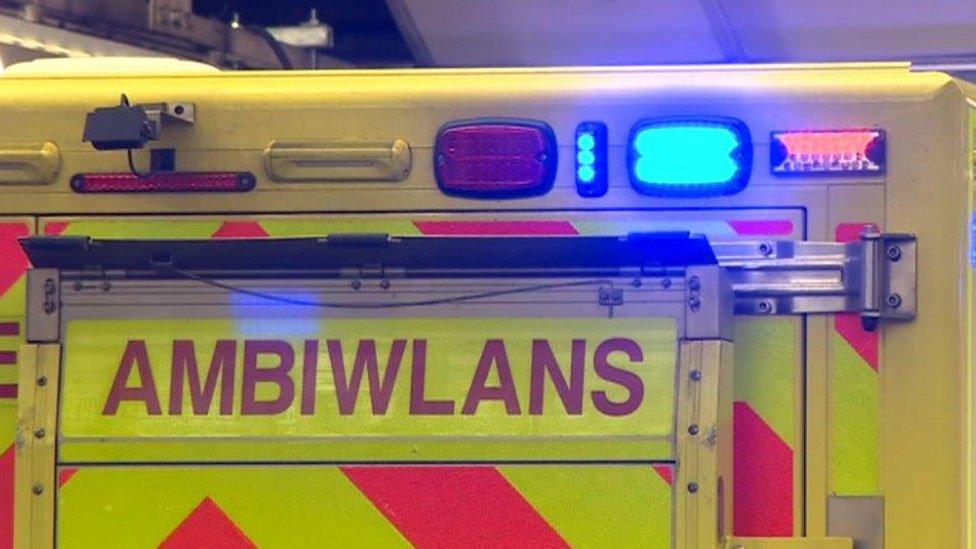
- Published23 December 2016
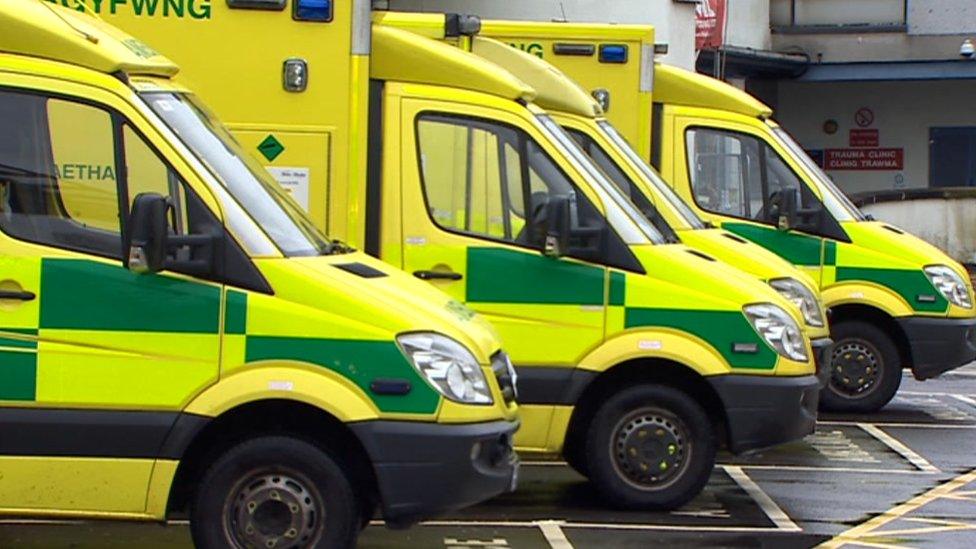
- Published18 December 2016
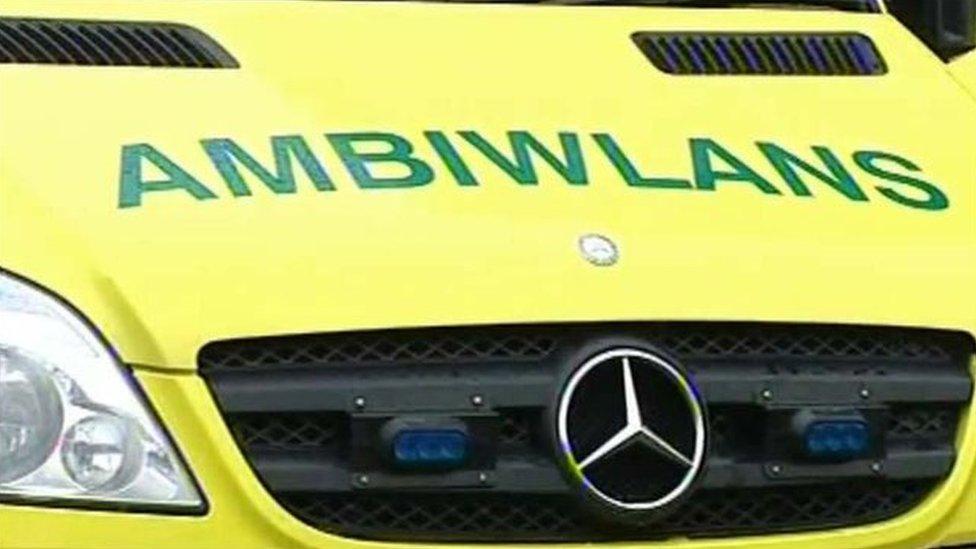
- Published30 November 2016
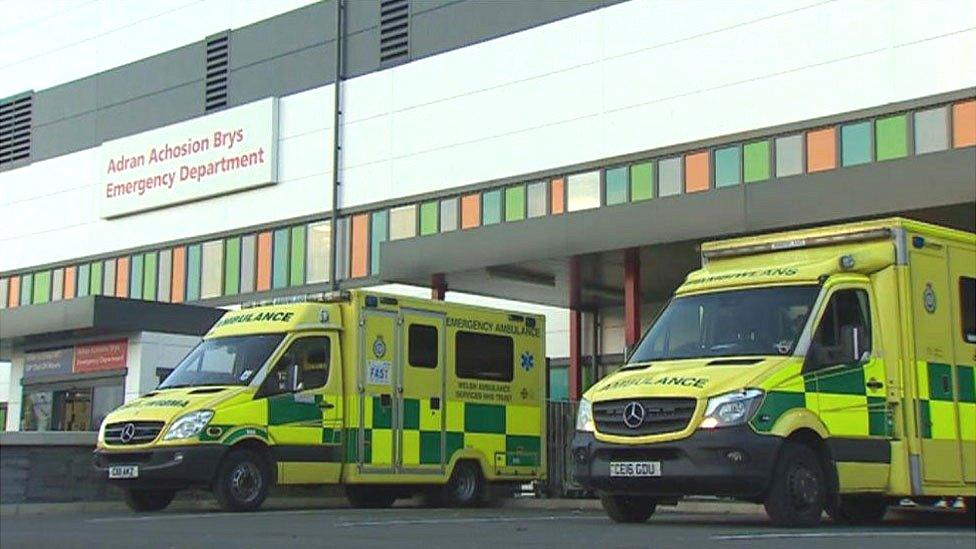
- Published29 July 2015
